AS the world moves towards sustainable development, Pakistan faces the dual crisis of rising energy costs and worsening climate impact. With 23 per cent of its population lacking reliable electricity, including 8pc with no access to the utility, and nearly half of the population relying on harmful fuels for cooking, the country is grappling with energy poverty.
Access to clean energy is not just an environmental objective, but a key driver for improving livelihoods, empowering communities, and ensuring sustainable development. However, the transition to clean energy in developing countries like Pakistan is hindered by significant challenges.
The lack of financial resources, tec-hnical expertise and effective policy frameworks is a major barrier. Developed nations must provide funding and facilitate technology transfer to ensure an equitable energy transition. Pakistan’s ranking of 113th out of 120 countries on the World Economic Forum’s 2024 Energy Transition Index highlights the inadequacy of its efforts to meet energy transition commitments. This calls for the urgent need for robust policy support, interna-tional cooperation and sustained financial mobilisation.
Despite these challenges, a just and inclusive energy transition presents a transformative opportunity for Pakistan, one that prioritises both the people and the planet. As the country aims at cutting greenhouse gas emissions by 50pc by 2030, and meeting the targets related to the Sustainable Development Goal (SDG) 7, key priorities must include expanding renewable energy, improving energy efficiency, investing in electric vehicle (EV) infrastructure, decentralising energy systems, ensuring clean cooking practices, and providing equitable access to marg-inalised communities.
Despite the challenges, Pakistan is making progress through its carbon market policy and participation in Just Energy Transition Partnerships (JETPs), which mobilise crucial global funding to support clean energy projects and facilitate the energy transition. Pakistan must commit to a sustainable, low-carbon future, with inclusive and sustainable policies that drive a just energy transition for both the people and the planet.
Shafqat Hussain Memon
Gambat
Published in Dawn, January 30th, 2025

















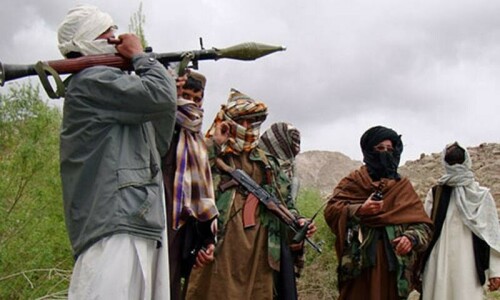


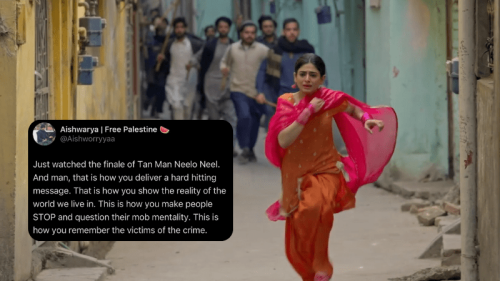













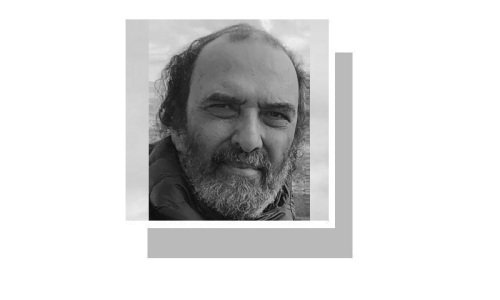


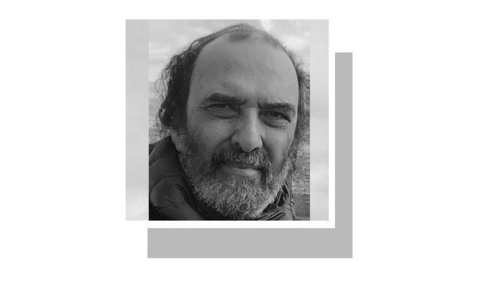
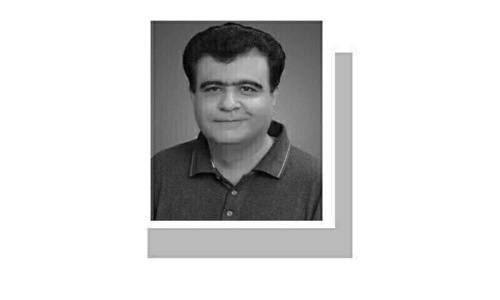







Dear visitor, the comments section is undergoing an overhaul and will return soon.